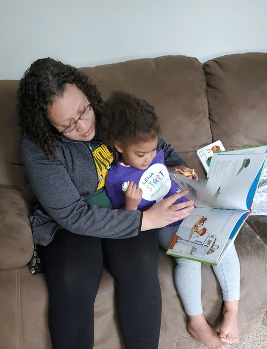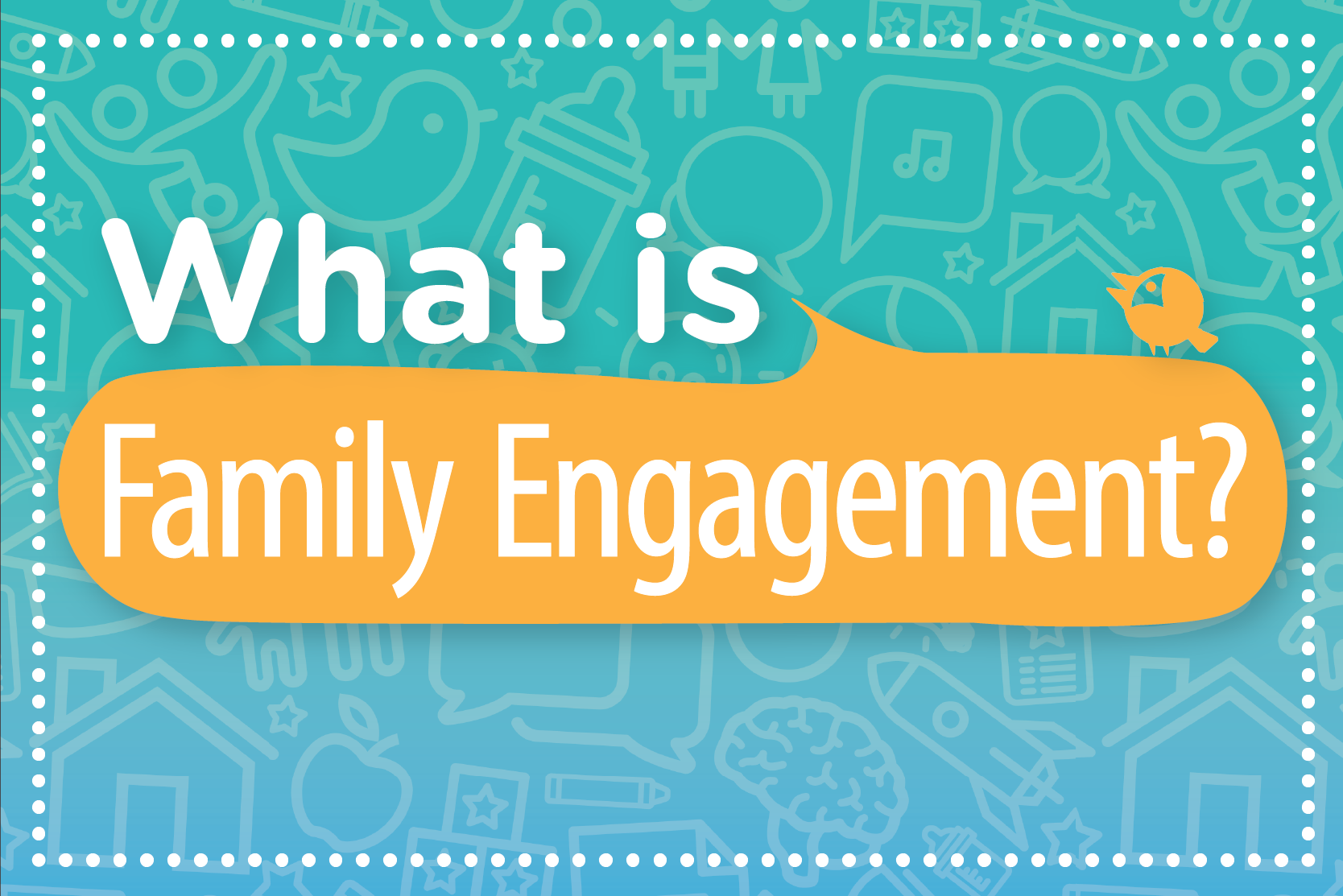When the pandemic hit the United States in the spring of this year, community organizations found their regular programming for families abruptly cut off. We spoke with three LENA partner sites who pivoted to virtual sessions to learn more about how and why they made the shift to online community building.
Marathon County, Wisconsin
Dr. Corrie Norrbom is a health policy fellow at the Wisconsin Institute for Public Policy and Service (WIPPS) and has helped to spearhead the launch of LENA Start in Marathon County over the last few years. Marathon County was in the middle of several three-month LENA Start classes when the stay-at-home order arrived. Here, Dr. Norrbom explains her team’s reaction to the news:
Dr. Corrie Norrbom: “We received the local stay-at-home order after the fourth week of our in-person LENA Start class in March. To be truthful, I had kind of ignored talks about doing LENA Start virtually. It just didn’t seem right, since it’s all about being present with parents and their kids. I was really biased against it. 
But as we got going into this, we started to think, okay, this pandemic is not going to go away soon. And we can’t give up on these families. We started doing check in calls with parents to ask how they were doing and giving them ideas about some resources. Then we started thinking, well — could we do this? Could we run LENA online? We asked parents if it was something they would consider. Lo and behold, 13 of the 31 families we were working with were game to try it.
On April 20th, we did our first Marathon County LENA Start zoom. We had a lot of support from the folks in Boulder, which was so appreciated. And it worked. We had the benefit of hearing from families who had experienced LENA Start in person and then virtually. They were very positive about it. They wish they could be in person — I think everybody kind of wishes for the time pre-COVID — but we learned it was very beneficial to them, and that this is the direction we have to go at the moment.”
Wilmington, Delaware
James Spadola is the executive director of Read Aloud Delaware. The nonprofit coordinates a statewide reading program, matching volunteers to child care centers to read books to children. The organization also works with correctional institutions to record incarcerated parents reading books to their children. When the pandemic arrived, Spadola realized he needed to rethink the organization’s approach if they were going to make it through the pandemic.
James Spadola: “When I first started talking to LENA at the beginning of the year, we were talking about launching LENA Grow, which would involve our partnerships with child care centers. But of course, when the pandemic hit, we had child care centers close, parents stopped sending their children to child care centers, and more than anything, we had volunteers that weren’t going anywhere near a child care center and probably still won’t for some time.
So then we started talking about LENA Start. Honestly, it was about the survival of the organization, in terms of how we could continue to have an impact in a world where we don’t know when our child care centers would let volunteers back in or when our volunteers would want to go back in. We did a survey and found 20 percent of our volunteers were going to retire or wait for a vaccine before reading to kids in centers again.
With LENA Start, it’s a way for us to continue what we were doing in terms of promoting childhood literacy and also incorporate volunteers by assigning volunteers to families in LENA and conducting virtual readings. We’ve also had some volunteers very interested in adopting LENA families — buying them gift baskets, book baskets, all sorts of creative things.
This is also a way for us to have a relationship directly with the parents instead of with the child care center. We had to put ourselves in charge of our own destiny and not put ourselves at the mercy of the child care industry. It’s about making sure we continue to make an impact and remain an impactful and solvent organization.”
Detroit, Michigan
Wendy LaMarr is the collective impact manager for Black Family Development, which has offered LENA Start classes to the local community in Detroit for several years. In her view, the pandemic offered a unique opportunity to capitalize on parents’ new awareness of their role as their child’s first and best teacher.
Wendy LaMarr: “Due to the wide-ranging impact of COVID 19, many parents are home with their children. They are also becoming increasingly aware of the role that they can have in being their child’s first and most important teacher. Parents are also seeking educational and other resources, as well as opportunities to connect with other families, which is key as social distancing and quarantine orders limit social opportunities. Not waiting [to offer LENA Start] is important, because the current season presents a prime opportunity to address needs, and capitalize on momentum and parents’ motivation. Due to safety concerns and other uncertainties regarding reopening of child care centers and schools, COVID’s impact on the business sector, as well as constantly changing local and state policies due to rising COVID cases, parents may be at home with their children for even longer.

Take a deeper dive into how to best support families virtually by watching our recent webinar, “Supporting young children and families during COVID.” Dr. Corrie Norrbom and James Spadola shared more of their stories, including the challenges of adapting to virtual and the positive outcomes.






